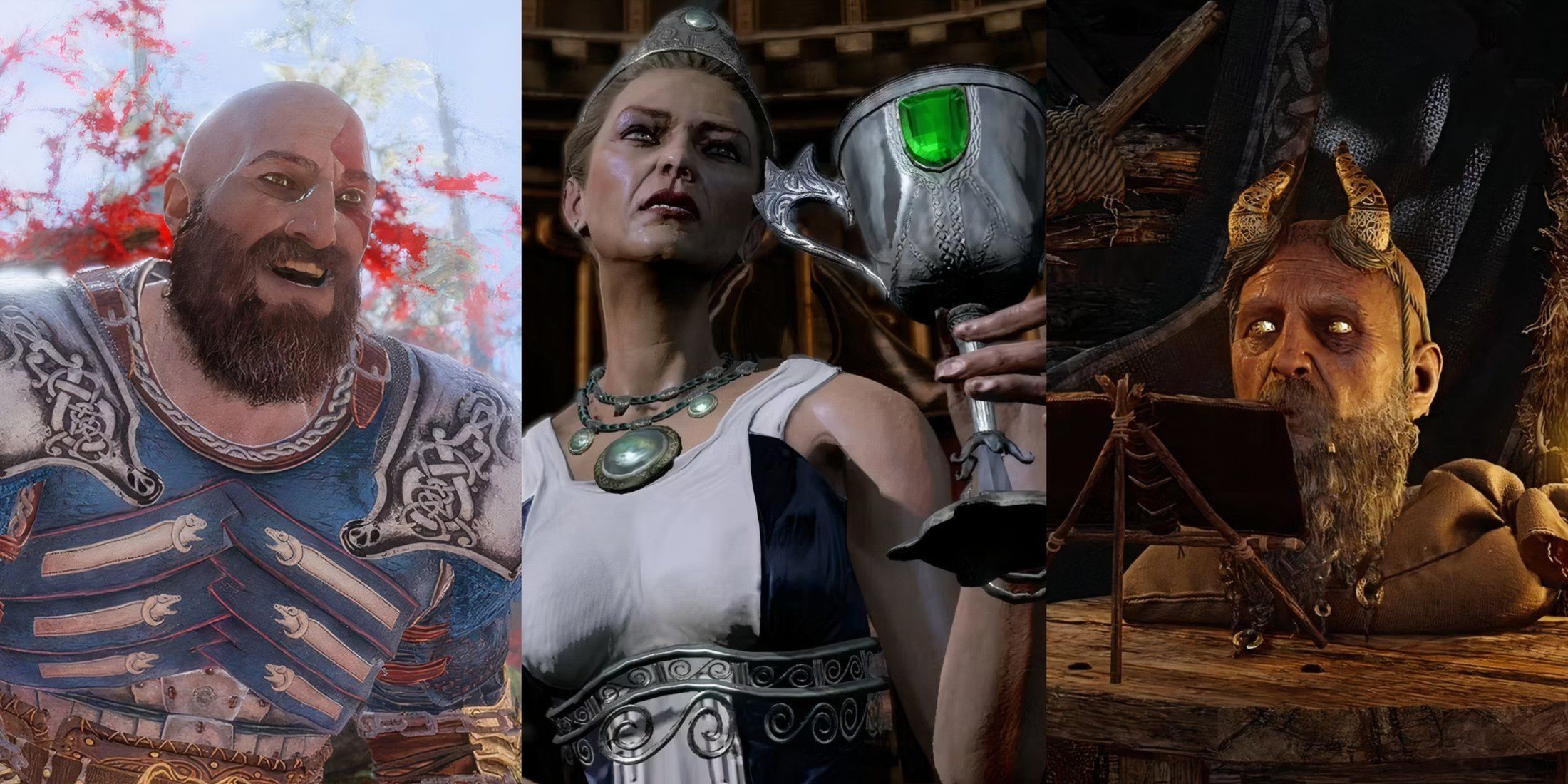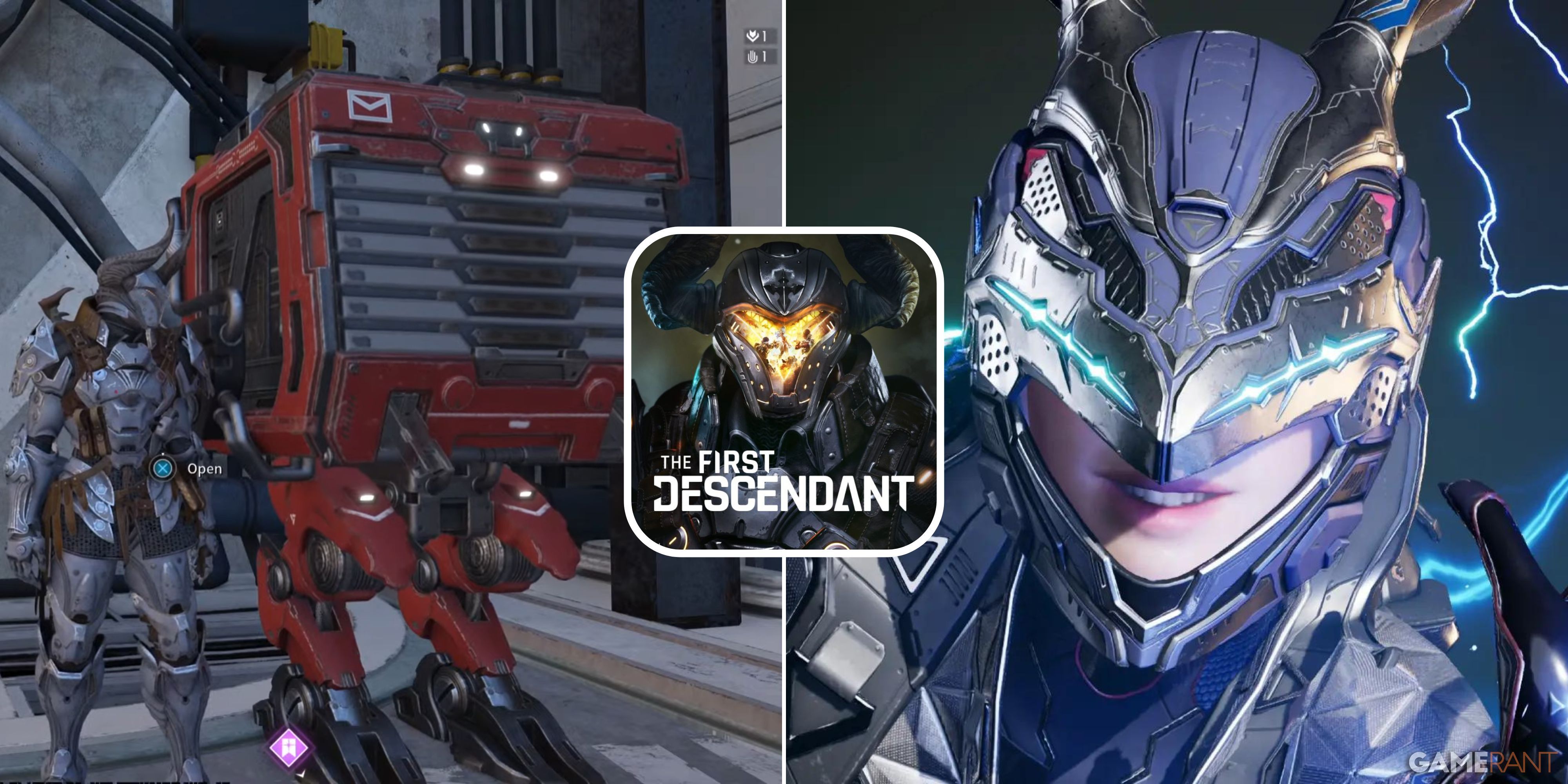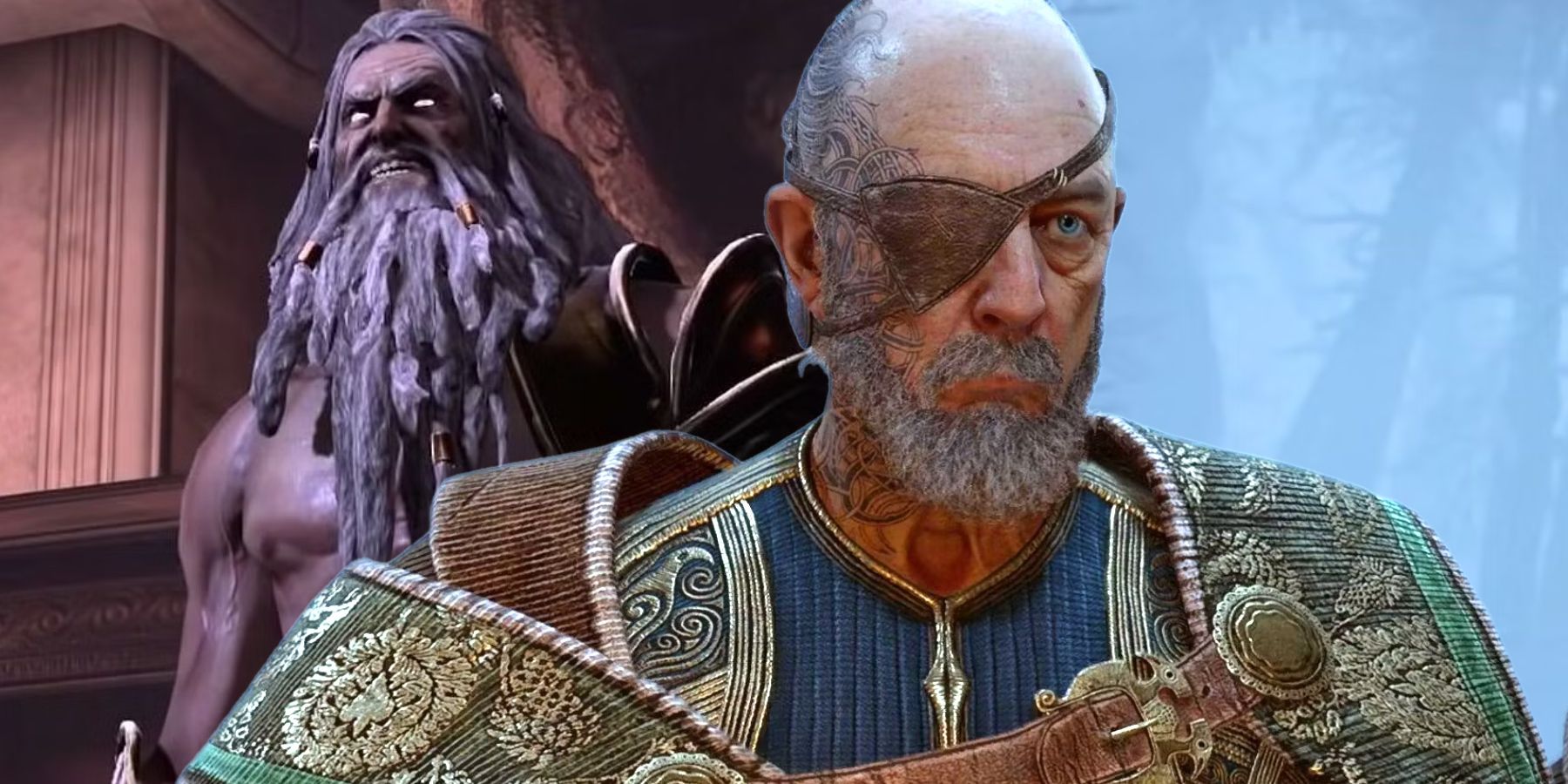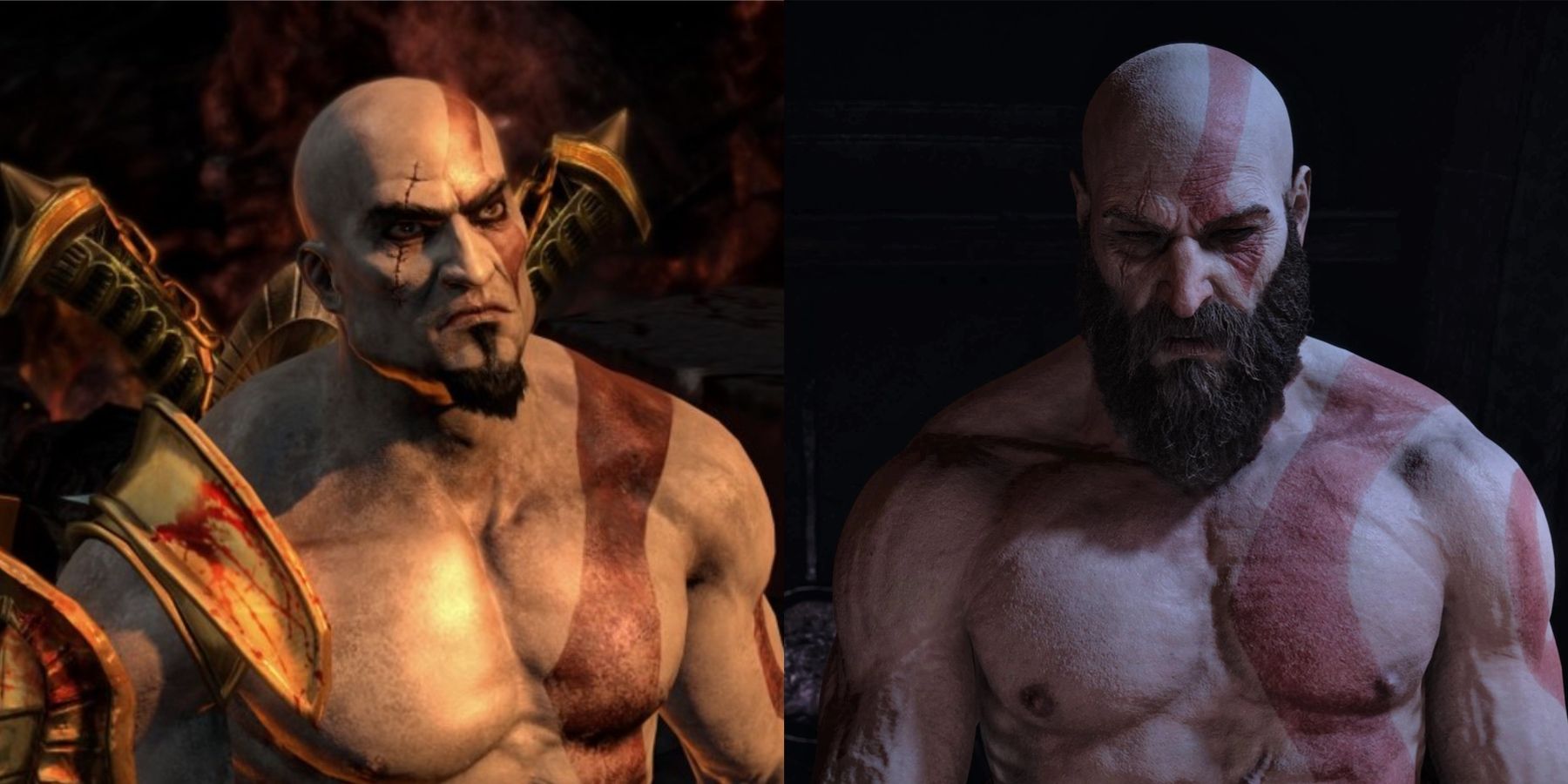Highlights
- The Norse series in God of War has benefited from a more focused approach, with a narrower range of gods compared to the Greek games, making the story and characters feel more real and meaningful.
- If the next God of War game explores new gods while still involving Norse mythology, it must strike a delicate balance to avoid feeling overwhelmed with too many characters.
God of War's use of ancient pantheons is clearly the cornerstone of what makes the franchise such an incredible collection of games. From the beginning of the franchise and its exploration of Kratos taking on his fellow Greek gods to the evolution of finding himself in an all-new realm filled with the popular gods of Norse myth, both pantheons have done their part to help tell Kratos' layered story. However, when looking back at the franchise as a whole, the concentrated vision that's focused on fewer gods that the Norse series embraces serves God of War better than its Greek counterpart. With the next God of War possibly exploring new gods, it would do the next game well by keeping this potential pantheon abbreviated as well.
There are many different titles in the God of War canon, but the series taking a turn to the world of Norse gods in 2018 gave the franchise a completely fresh feel that has been a great success. Not only did 2018's reboot of God of War flip the franchise on its head by introducing a completely new group of gods for Kratos to face, but it also narrowed the number of gods presented in the game, which has given both God of War (2018) and Ragnarok a great advantage over the original Greek-centric games.
Fewer Gods Has Kept the Norse Series More Focused
The original God of War games that took place in Greece were truly game-changers in their own right. However, the amount of gods players had to keep up with throughout the franchise's Greek era sometimes felt daunting. Different pantheons all around the world tend to contain many gods, and the Greek gods are some of the most recognizable, but the first games of the franchise became encumbered by trying to fit every single god possible into the story.
Although Ragnarok introduced more gods into the Norse story after the success of its 2018 predecessor, the Norse storyline has still kept things fairly tame and more focused compared to the Greek story. The Norse games focusing on fewer gods not only make it easier to keep track of all the new and exciting characters but also present players with a deeper story that's easier to get invested in. Whatever path the next game in the God of War franchise takes, it would greatly benefit from continuing this more concentrated focus, because this makes the story and the themes that are being explored within it feel more real.
Instead of trying to fit every god possible into the Norse narrative, a smaller amount of gods gives players the opportunity to learn more about each god in a far more meaningful way. Since there aren't as many gods taking up space within the narrative, the Norse gods that do get a spotlight in the story are better-crafted characters overall. A smaller focus allows for the games' writers to give each god more depth and richness, which ultimately makes the Norse God of War games feel more alive than the Greek-based titles that came before.
With there already being rumors about a new God of War game, there is no telling what the franchise holds next for fans. The ending of Ragnarok saw Kratos and his son Atreus parting ways in a bittersweet sendoff, and this could open up the next game for potential new gods to explore. If the next God of War chooses to explore a new pantheon while still involving Norse gods, it will require a delicate balancing act in order to keep this amazing new iteration of the franchise from feeling bloated with so many gods.





